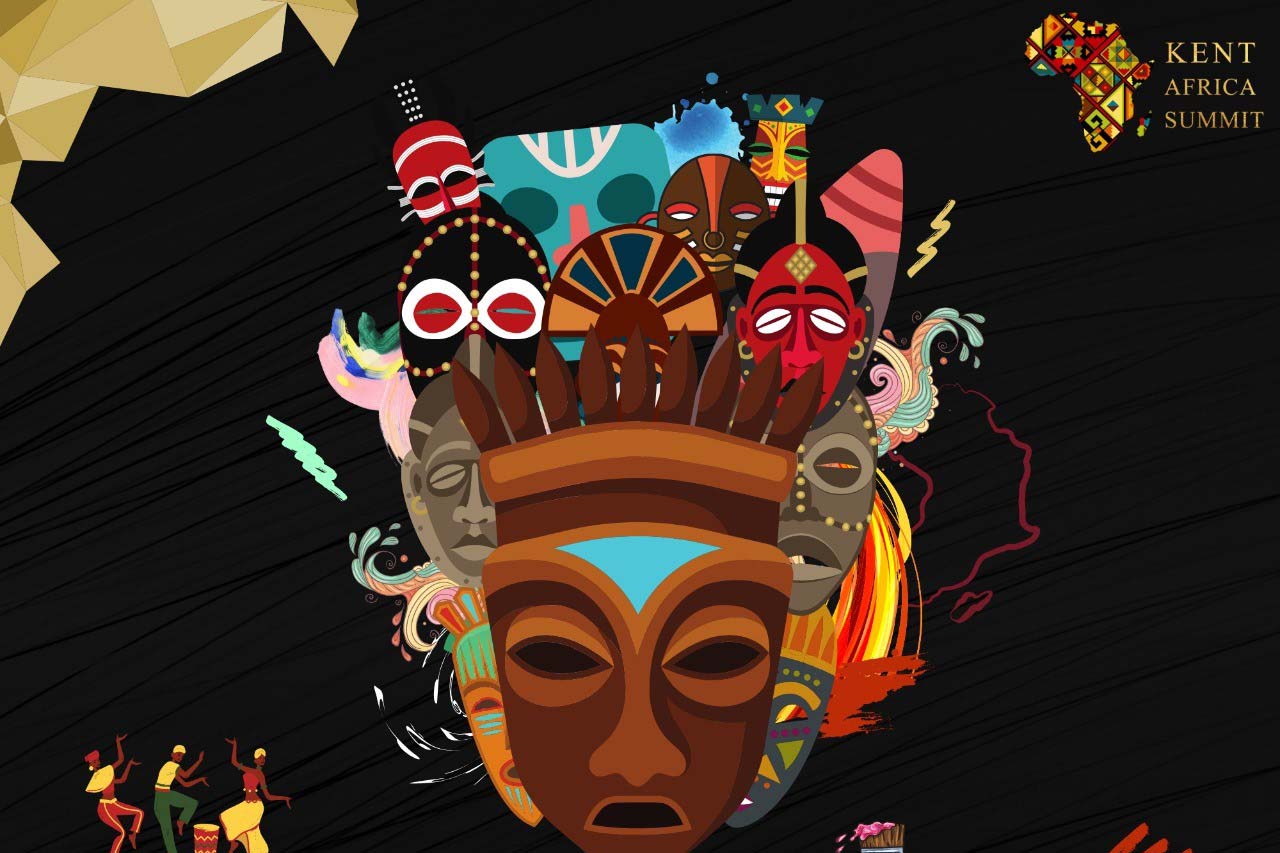The Duality of Roots: Navigating the Identity Crisis of African or Black American
For Black Americans, the concept of identity is a complex tapestry woven from the threads of a stolen past and a lived reality. The question of being African or Black American isn't an either/or proposition. It's a constant negotiation between ancestral heritage and a distinct American experience shaped by struggle, resilience, and cultural innovation. This negotiation can sometimes lead to an identity crisis, a feeling of being caught between two worlds, belonging fully to neither.
The forced migration of Africans to America severed ancestral ties. Unlike many immigrant groups, Black Americans couldn't point to a specific homeland and carry on traditions passed down through generations. Their history became one of resistance and survival, forging a new identity within a system that viewed them as less than human. This new identity, "Black American," was not a choice, but a consequence of chattel slavery and subsequent segregation. However, the yearning for connection to Africa remained. Music, storytelling, and even culinary practices held echoes of a lost past. The Civil Rights Movement of the 1950s and 60s further fueled a desire to reclaim a stolen heritage. Figures like Malcolm X emphasized the importance of African ancestry, urging Black Americans to embrace their roots. This sparked a cultural shift, with many African Americans seeking to learn about specific ethnicities within the vast continent of Africa.
However, the yearning for connection to Africa remained. Music, storytelling, and even culinary practices held echoes of a lost past. The Civil Rights Movement of the 1950s and 60s further fueled a desire to reclaim a stolen heritage. Figures like Malcolm X emphasized the importance of African ancestry, urging Black Americans to embrace their roots. This sparked a cultural shift, with many African Americans seeking to learn about specific ethnicities within the vast continent of Africa.The problem lies in the vast historical disconnect. Generations removed from the continent, Black Americans often have limited knowledge of specific ethnicities or traditional practices. Africa itself is a continent of immense diversity, with over 2,000 languages and countless cultural variations. The idea of a singular "African" identity is just as unrealistic as a monolithic "Black American" one.
 Adding another layer to this complexity is the reality that African immigrants themselves may not readily embrace Black Americans as one of their own. The experiences of those who have lived on the continent for generations differ greatly from those who have only a fragmented connection. Language barriers, cultural nuances, and even socio-economic disparities can create a gap between these two groups.
Adding another layer to this complexity is the reality that African immigrants themselves may not readily embrace Black Americans as one of their own. The experiences of those who have lived on the continent for generations differ greatly from those who have only a fragmented connection. Language barriers, cultural nuances, and even socio-economic disparities can create a gap between these two groups.
So, how does one navigate this identity crisis? The answer lies in embracing the duality. Black Americans are not one or the other, but both African and American. Their identity is a rich blend of the ancestral and the lived. Here are some ways to explore and celebrate this duality:
- Genealogy Research: While tracing specific ethnicities can be challenging, delving into family history can be a powerful tool for understanding the origins and stories behind the Black American experience.
- Cultural Exploration: Explore the vibrant tapestry of African cultures through music, art, literature, and film. There are also numerous online resources and organizations dedicated to African diaspora studies.
- Community Engagement: Connecting with other Black Americans can provide a sense of belonging and shared experience. Participating in cultural events, supporting Black businesses, and engaging in conversations about race can be a source of strength and identity affirmation.

- Travel and Connection: For some, a trip to Africa can be a transformative experience. However, it's important to be respectful of local cultures and understand that one visit won't erase the historical disconnect.
Ultimately, the beauty of the Black American identity lies in its dynamism. It's a constant evolution, shaped by the ongoing struggle for equality, the celebration of Black culture, and the yearning for connection to a lost past.
Here are some additional points to consider:
- The Role of Colorism: Skin tone can play a significant role in how Black Americans are perceived, both within their own community and in the larger society. This can further complicate the question of identity.

- The Importance of Storytelling: Sharing stories, both historical and personal, is crucial for passing down the legacy of the Black American experience.
- The Power of Uplifting Narratives: Countering negative stereotypes with stories of Black excellence and achievement is essential for building a healthy self-image within the Black community.
The journey of navigating the African or Black American identity crisis is a lifelong one. There are no easy answers, but by embracing the richness of their heritage and the resilience of their community, Black Americans can continue to define their place in the world on their own terms.





![[LIVE] Engage2Earn: Shayne is helping koalas!](https://cdn.bulbapp.io/frontend/images/08e2e573-f490-4ef4-93b6-f2285814da59/1)
















































